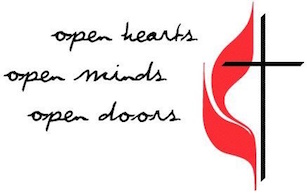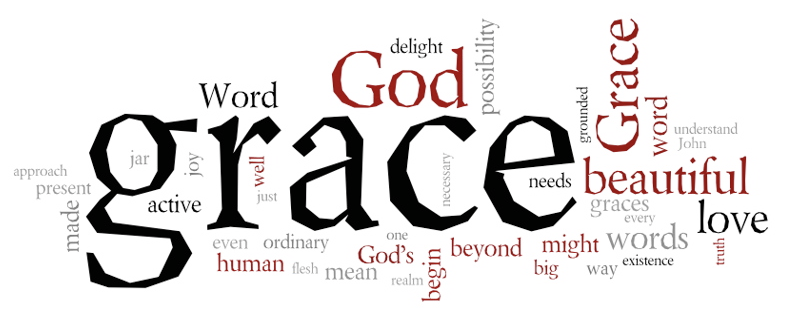 Methodism dates back to 1736 and the leadership of John and Charles Wesley. United Methodists share a historic connection to other Methodist and Wesleyan bodies. John Wesley believed that the "living core of the Christian Faith was revealed in scripture, illuminated by tradition, vivified in personal experience and confirmed by reason."
Methodism dates back to 1736 and the leadership of John and Charles Wesley. United Methodists share a historic connection to other Methodist and Wesleyan bodies. John Wesley believed that the "living core of the Christian Faith was revealed in scripture, illuminated by tradition, vivified in personal experience and confirmed by reason."
Contrasting the Methodist movement with other religious societies of his day, he said, "The Methodists alone do not insist on you holding this opinion or that opinion;but they think and let think."
Distinctive Emphases
Wesley and the early Methodists were particularly concerned about inviting people to experience God's grace and to grow in their knowledge and love of God through disciplined Christian living. They placed primary emphasis on Christian living, on putting faith and love into action. This emphasis on what Wesley referred to as "practical divinity" has continued to be a hallmark of United Methodism today.
The distinctive shape of our theological heritage can be seen not only in this emphasis on Christian living, but also in Wesley's distinctive understanding of God's saving grace. Although Wesley shared with many other Christians a belief in salvation by grace, he combined them in a powerful way to create distinctive emphases for living the full Christian life.
Grace can be defined as the love and mercy given to us by God because God wants us to have it, not because of anything we have done to earn it. We read in the Letter to the Ephesians: "For by grace you have been saved through faith, and this is not your own doing; it is the gift of God - not the result of works, so that no one may boast" (Ephesians 2:8-9).
Grace is central to our understanding of Christian faith and life.

This incredible grace flows from God's great love for us.
John 3:16 summarizes the gospel: "For God so loved the world that he gave his only Son, so that everyone who believes in him may not perish but may have eternal life." The ability to call to mind God's love and God's gift of Jesus Christ is a rich resource for theology and faith.
Although not primarily a denomination of creeds, the United Methodist Church shares with other Christians the doctrinal heritage of the Apostles' and Nicene Creeds. Besides the Methodist and Evangelical United Brethren adaptations of the Articles of Religion of the Church of England, other United Methodist basic beliefs include:
The people of The United Methodist Church are putting our faith in action by making disciples of Jesus Christ for the transformation of the world, which is our church's mission. Through the power of our connection, we are making a positive difference in more than 125 countries.
Read more